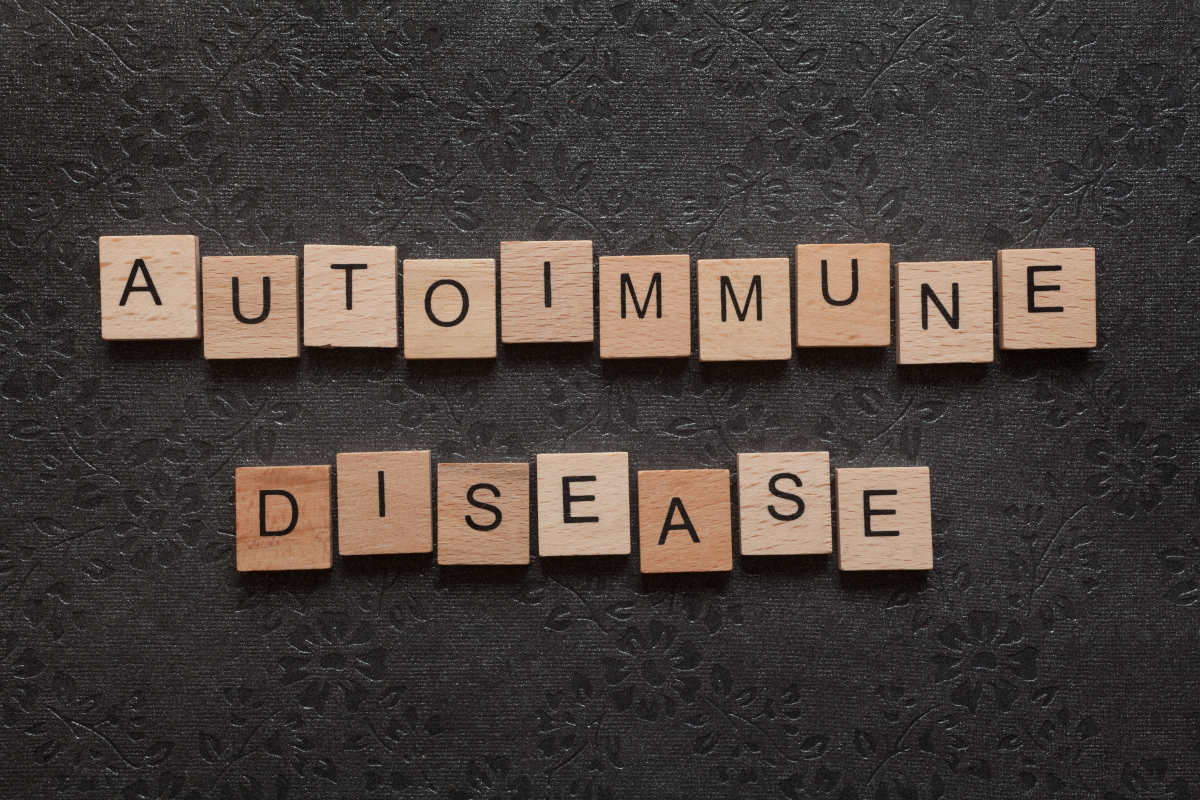I come across many people in my practice, who are suffering from autoimmune disorders, and are looking for ways to overcome them. Unfortunately, autoimmunity is a silent epidemic and many people ask: what is an autoimmune condition, how do autoimmune conditions occur, what are the causes? If you want to better understand this silent epidemic, keep reading.
Autoimmune Disorder
Unfortunately in Western society chronic diseases such as cancer, heart disease, diabetes and autoimmune disorders like arthritis, thyroid disease and multiple sclerosis are becoming an epidemic. In fact, it is estimated that over the next decade over 80 percent of people will have some type of antibody to their own tissues present in their blood. Once these antibodies reach a significant level in the blood they start to destroy the body’s own tissues. These are called autoimmune diseases and are characterised by inflammation and destruction of body tissues by the body’s own immune system. Common autoimmune diseases include: Rheumatoid arthritis, Systemic Erythematous Lupus (Lupus), Ankylosing spondylitis, Psoriasis, Crohn’s disease, Ulcerative Colitis, Asthma and Hashimoto’s thyroiditis.
How Do Autoimmune Diseases Occur?
Autoimmune diseases occur when your immune system becomes overly active and is not properly controlled. This results in your own immune cells attacking and destroying your own body tissues. Normally, the job of the immune system is to help protect us from potentially harmful invaders such as bacteria, viruses, parasites, toxins and allergens. In autoimmune diseases, the immune system cannot tell the difference between these invaders and healthy body tissue and will destroy your own body tissue.
What Are the Causes?
Genetic predisposition typically only accounts for about 5 percent of autoimmune cases. There is not one single cause of autoimmune conditions and as with most chronic disease there are multiple underlying causes which over burden the body’s innate healing ability. Some of the main causative factors for the loss of immune regulation in autoimmune conditions include:
-
Stress in the form of mental, emotional or physical stresses like trauma, over work or study or lack of sleep, chemical stress from pollution, food, medical and recreational drugs, cleaning and personal care products, electromagnetic stress from Wifi and electronic devices, microwaves, etc.
-
Exposure to viruses. These viruses may lead to an alteration of normal cellular function and DNA and lead to loss of immune tolerance.
-
Bacterial infections, particularly those linked to dental infections. These may include gum inflammation and gingivitis, root canals and cavitations from previous tooth extractions or bone grafts. These bacteria if left untreated escape into the blood stream and may attack different areas of the body including the joints, heart, kidneys, brain, etc.
-
Leaky Gut or Gut toxicity:
-
The gastrointestinal system is comprised of bacteria; roughly 400 species of good bacteria live inside your digestive tract. In fact, you have more bacteria living inside you than you have cells in your entire body! To maintain optimal health and wellbeing, it is important to have the right balance of “good” and “bad” bacteria making up your intestinal microflora. An overgrowth of pathogenic “bad” bacteria can cause various symptoms such as bloating, flatulence, constipation and diarrhoea and if left untreated may contribute to the development of autoimmune conditions like Lupus.
-
An important role of the intestinal microflora is to create a “barrier effect” in the gut, which helps the “good” bacteria to flourish while reducing “bad” bacteria. The integrity of this barrier can become impaired due to stress, illness, antibiotic treatments, excess alcohol and drug intake, nutrient deficiencies, certain medications (particularly aspirin, antibiotics, anti-reflux medications and anti-depressants), poor diet (particularly high sugar, wheat and dairy intake, processed foods, trans fats and lack of vegetables and good quality fibre), pesticide and chemical exposure or physical alterations in the gut. These factors contribute to the overgrowth of “bad” bugs, causing an imbalance known as dysbiosis, which affects digestion and immune system function. Once the gut barrier is disturbed, we end up with substances such as undigested foods, toxins, bacteria and chemicals escaping into the blood stream with the potential to set off immune or nervous system responses.
-
-
Heavy metal toxicity, particularly mercury. Unfortunately mercury use is still widespread in society and is found in vaccinations, light bulbs and seafood, particularly larger fish like tuna, flake, swordfish and kingfish.
-
Vitamin and mineral deficiencies, particularly selenium, zinc, Vitamin C, E, D and essential fatty acids such as fish oil. Unfortunately, the soil in which our food is grown is often deficient in important vitamins and minerals. Even organic food if grown in depleted soil will not contain vital nutrients.
-
Hormonal imbalances:
-
Many autoimmune disorders like Hashimioto’s Thyroiditis, Rheumatoid Arthritis, Multiple Sclerosis and Lupus are more common in women than in men and often start at 30 years of age. There is a strong link to estrogenic changes and autoimmunity. Unfortunately in modern society there are many external sources of oestrogens which negatively impact on our oestrogen balance including pesticides in our food, plastics in the environment, particularly Bisphenol A or BPA which is found in storage containers and the plastic receipts we receive at the shops.
-
Other hormones which are of particular importance in autoimmune conditions are the androgen and adrenal hormones. These imbalances may occur in both women and men. In addition, to external oestrogens one of the main causes of these hormonal imbalances is stress as stress may lead to the depletion of important adrenal hormones produced by the adrenal glands which sit above the kidneys. Most notably DHEA and cortisol
-
Now that you know that autoimmunity is a silent epidemic, check out my article on how you can manage your autoimmune condition with beneficial dietary and lifestyle changes.
For more information on diet lifestyle or specific supplementation recommendations, consult a qualified health practitioner like myself.



